Škripanje zubima i stiskanje zuba može dovesti do ozbiljnih problema ako se ne preduzmu hitne mere za njihovo sprečavanje.
Bruksizam, često poznat kao škripanje zubima ili stiskanje vilice, predstavlja uobičajeni poremećaj koji pogađa mnoge ljude širom sveta.
Ovaj nenamerni akt škripanje zubima može imati širok spektar negativnih posledica na oralno zdravlje, uključujući abraziju zubne gleđi, povećanu osetljivost zuba, kao i bol u vilici, ušima i glavi. U mnogim slučajevima, osobe nisu ni svesne svojih bruksističkih navika, posebno ako se one dešavaju tokom noći. Uzroci bruksizma su raznoliki i mogu uključivati stres, anksioznost, abnormalan zagriz, nedostatak određenih nutrijenata ili čak poremećaje spavanja.
Bez obzira na uzrok, važno je preduzeti korake za ublažavanje simptoma bruksizma kako bi se sprečila dugoročna šteta na zubima i vilici.
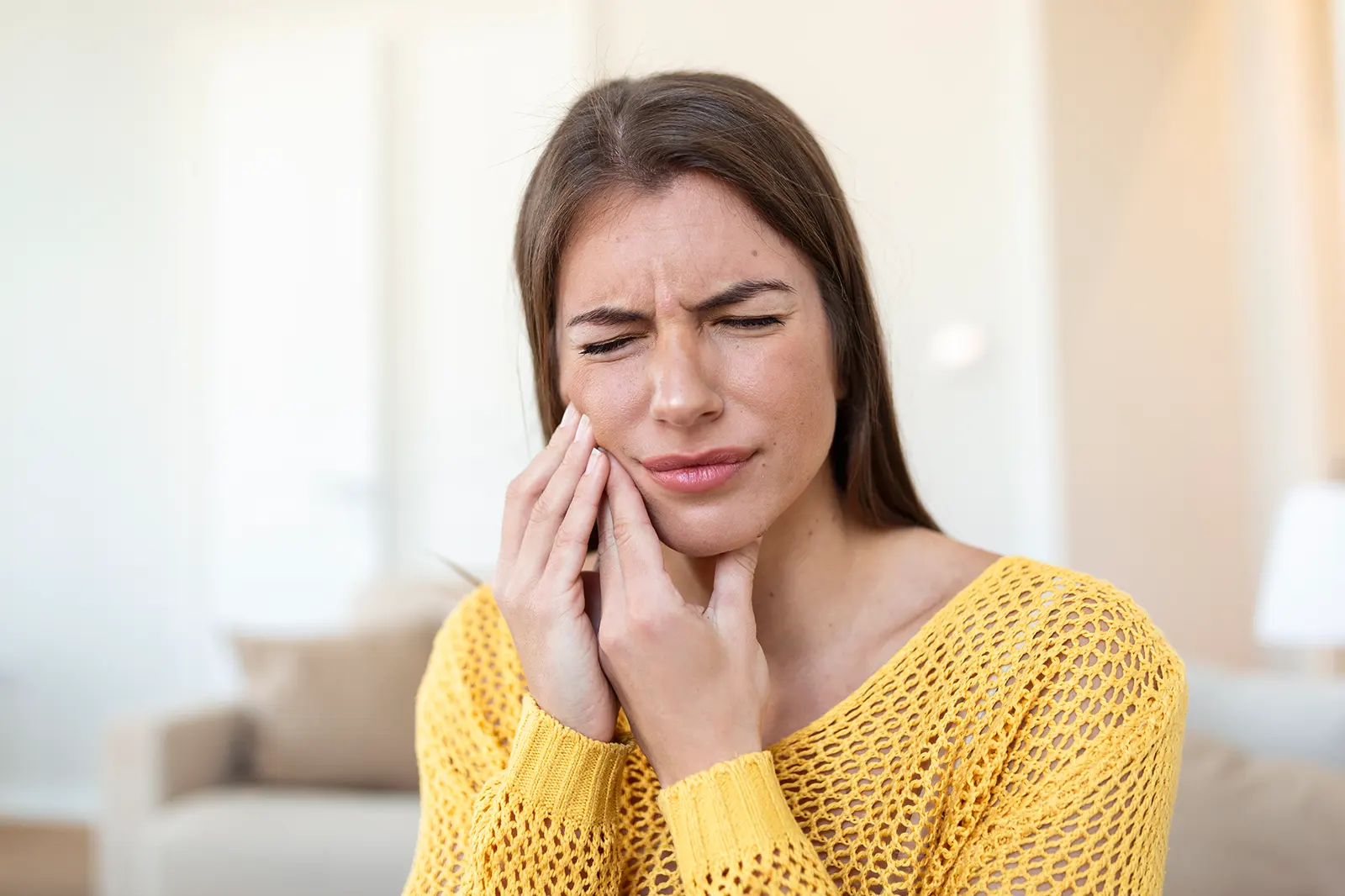
Jedan od najefikasnijih načina zaštite zuba od štetnih posledica bruksizma jeste upotreba folije za zube.
Ova folija se prilagođava obliku zuba i nosi se preko noći kako bi se ublažio pritisak stiskanja ili škripanja. Ne samo da folija služi kao barijera između gornjih i donjih zuba, sprečavajući direktan kontakt i trenje, već takođe pomaže u raspodeli pritiska ravnomerno preko cele vilice, smanjujući time rizik od oštećenja zuba i ublažavajući bol u vilici.
Korišćenjem folije za zube protiv bruksizma je jednostavno, efikasno rešenje i može imati pozitivan uticaj na oralno zdravlje pojedinca. Osim što štiti zube od oštećenja, folija može doprineti i poboljšanju kvaliteta sna, smanjenju glavobolje i bolova u vilici, te i opštem smanjenju simptoma povezanih sa bruksizmom.
Zanima te kako da prepoznaš bruksizam?
Evo nekoliko naznaka kako da prepoznaš te skrivene signalčiće koji mogu ukazati na bruksizam.
Da li ti se dešava da se probudiš sa osećajem da te boli vilica ili da osećaš neprijatnost u predelu glave? Ovaj prvi jutarnji signal može biti znak da tvoji zglobovi i mišići viličnog sistema noću prolaze kroz pravu malu oluju zbog nevoljnog stiskanja zuba.
Naši klijenti često opisuju i neobične zvukove, poput pucketanja ili preskakanja u zglobu, koji se javljaju kao posledica intenzivnog pritiska koji se stvara tokom noći. Ako ti se to čini poznatim, možda je vreme da obratiš pažnju.
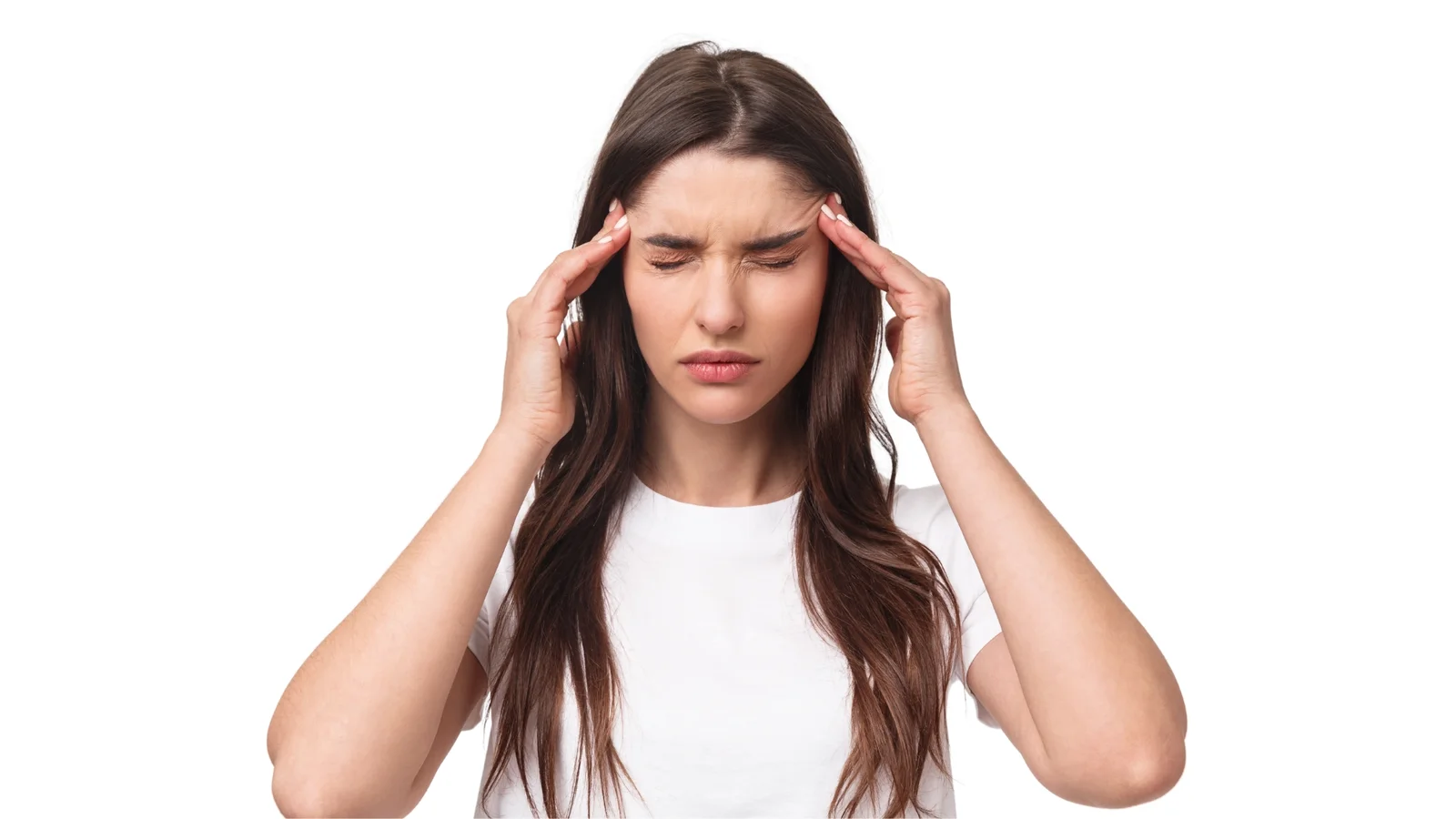
Osim toga, primetiš li ponekad da su tvoji zubi iznenada postali izuzetno osetljivi na hladno ili na pritisak? Ovaj simptom nije samo neprijatan, već može ozbiljno da ometa tvoju svakodnevicu i čini te sklonim uzimanju lekova protiv bolova češće nego što bi želeo.
Poseban znak upozorenja je promena u izgledu tvojih zuba – na primer, ako primetiš da su se grizne površine izravnale ili da su tvoji prednji zubi postali tanji, to može biti jasan indikator trošenja zubnih tkiva zbog bruksizma. Ovi simptomi nisu samo estetski problem nego ovo može dovesti do smanjenja visine tvog ugriza, što dovodi do niza drugih komplikacija u budućnosti.
Ako se osim ovoga susrećeš i sa simptomima poput povećanog znojenja, noćnih palpitacija, ili jutarnjih glavobolja, to bi moglo biti znak da tvoje telo prolazi kroz prekomernu stimulaciju usled bruksizma.
Prepoznatljivi znaci i simptomi stiskanja/škrgutanja zubima uključuju:
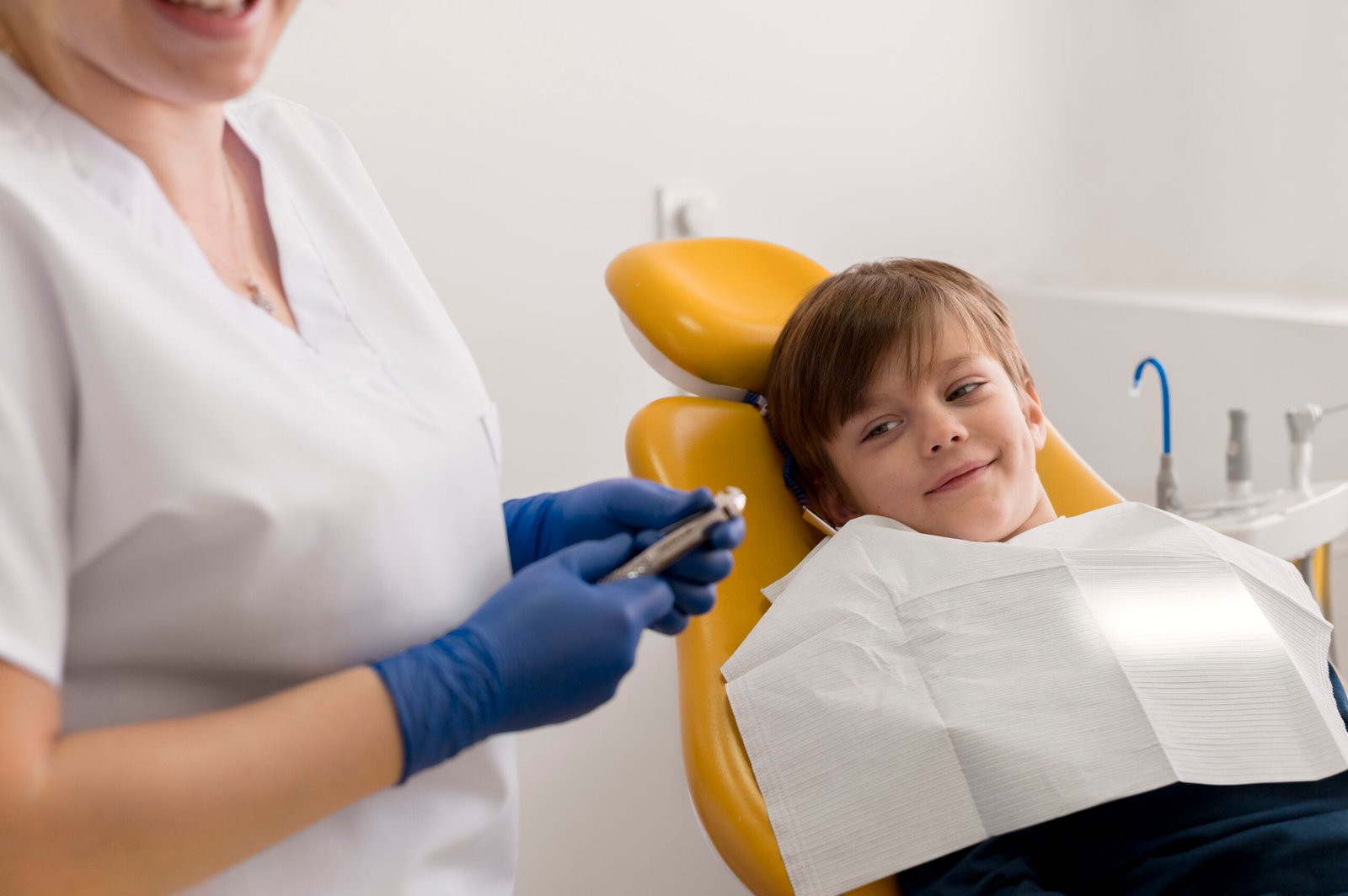
Škripanje zubima može biti čest problem kod dece, posebno tokom ranog perioda rasta i razvoja.
Kod najmlađih, ovaj problem često nije povezan sa trajnim stresom, već može biti posledica rasta i pozicioniranja zuba te čeljusti. Roditelji mogu primetiti škripanje uglavnom noću.
Važno je obratiti pažnju na to da li se dešava često i pratiti postoji li neki uzrok koji bi mogao biti povezan sa škripanjem, kao što su paraziti ili nepravilni zubi. U slučajevima kada je škripanje često i izraženo, savetuje se konsultacija sa pedijatrijskim stomatologom.
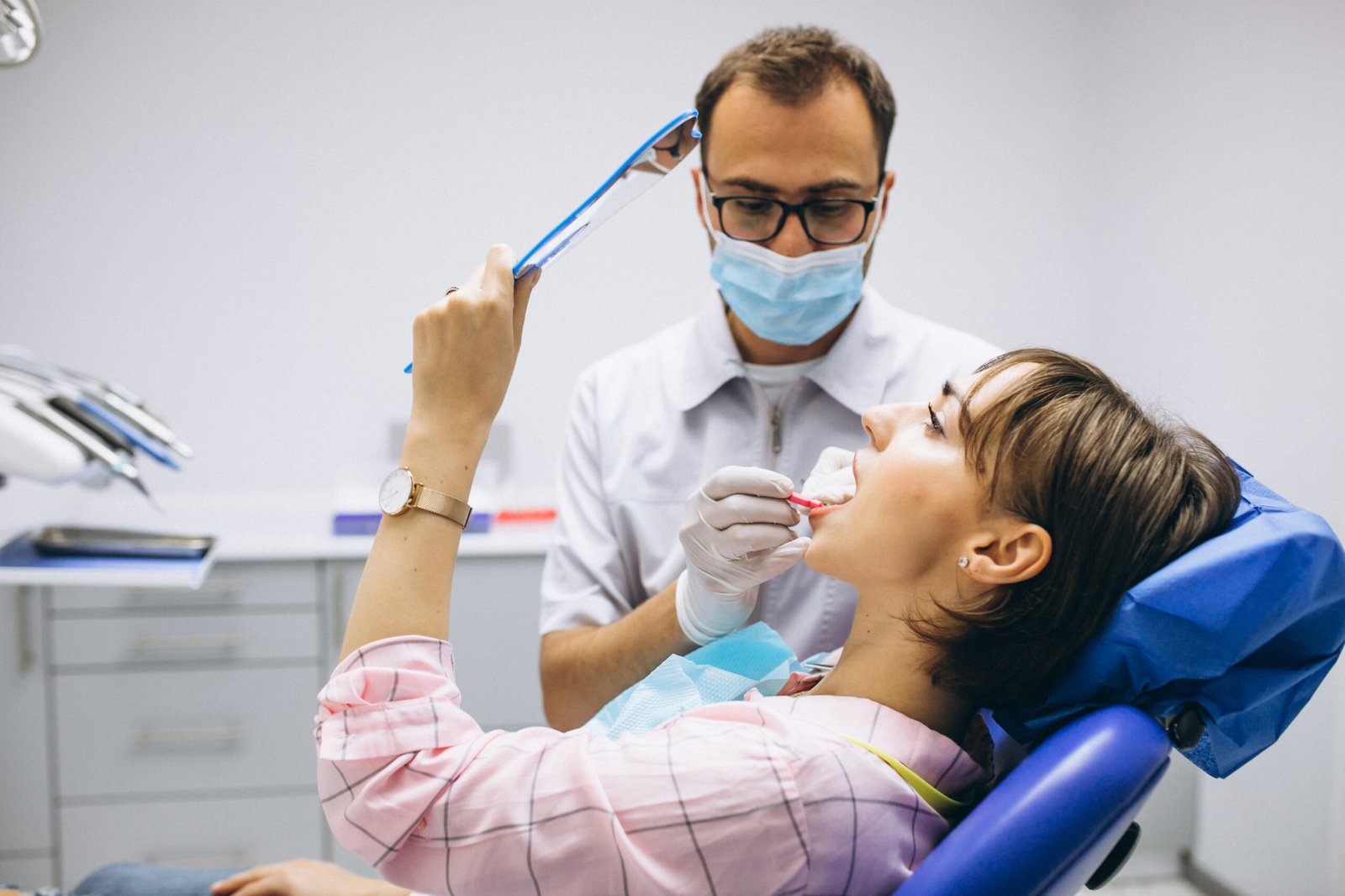
Kod odraslih, škripanje zubima često može biti povezano sa stresom i anksioznošću.
Ovaj problem može izazvati bol u čeljusti, glavobolje i čak oštećenje zubne gleđi.
Odrasli bi trebali obratiti pažnju na faktore kao što su visok nivo stresa, držanje i položaj tijela tokom spavanja, kao i potrošnju stimulansa poput kofeina, koji mogu pogoršati škripanje.
Ukoliko je škripanje zubima konstantno i prati ga bol, preporučuje se poseta stomatologu koji može preporučiti noćnu udlagu za zaštitu zuba ili druge metode za ublažavanje simptoma.

Folije deluju tako što stvaraju barijeru između gornjih i donjih zuba. To ne samo da štiti zube od oštećenja, već i smanjuje pritisak na vilicu, što može pomoći u smanjenju boli i nelagode povezane s bruksizmom. Napredni materijali (medicinska plastika) iz kojih su izrađene omogućuju da folija ostane čvrsta i elastična, čak i pod velikim pritiskom.
Korišćenje dentalnih folija za sprečavanje stiskanja zuba nudi brojne prednosti:
Prvi korak ka savršenom osmehu je besplatan pregled i konsultacija sa našim stručnim timom. Iskoristite priliku da saznate više o vašim mogućnostima i započnete transformaciju osmeha u prijatnom i profesionalnom okruženju.


Smile Store – Vaš partner za savršen osmeh. Naša misija je da vam pružimo visokokvalitetne alignere i rešenja za negu zuba, prilagođena vašim potrebama. Uz stručni tim i pažnju prema detaljima, osiguravamo da vaš osmeh bude zdrav, prirodan i blistav.
Posetite nas i otkrijte zašto smo lider u modernoj stomatološkoj nezi. Vaš osmeh je naša strast.
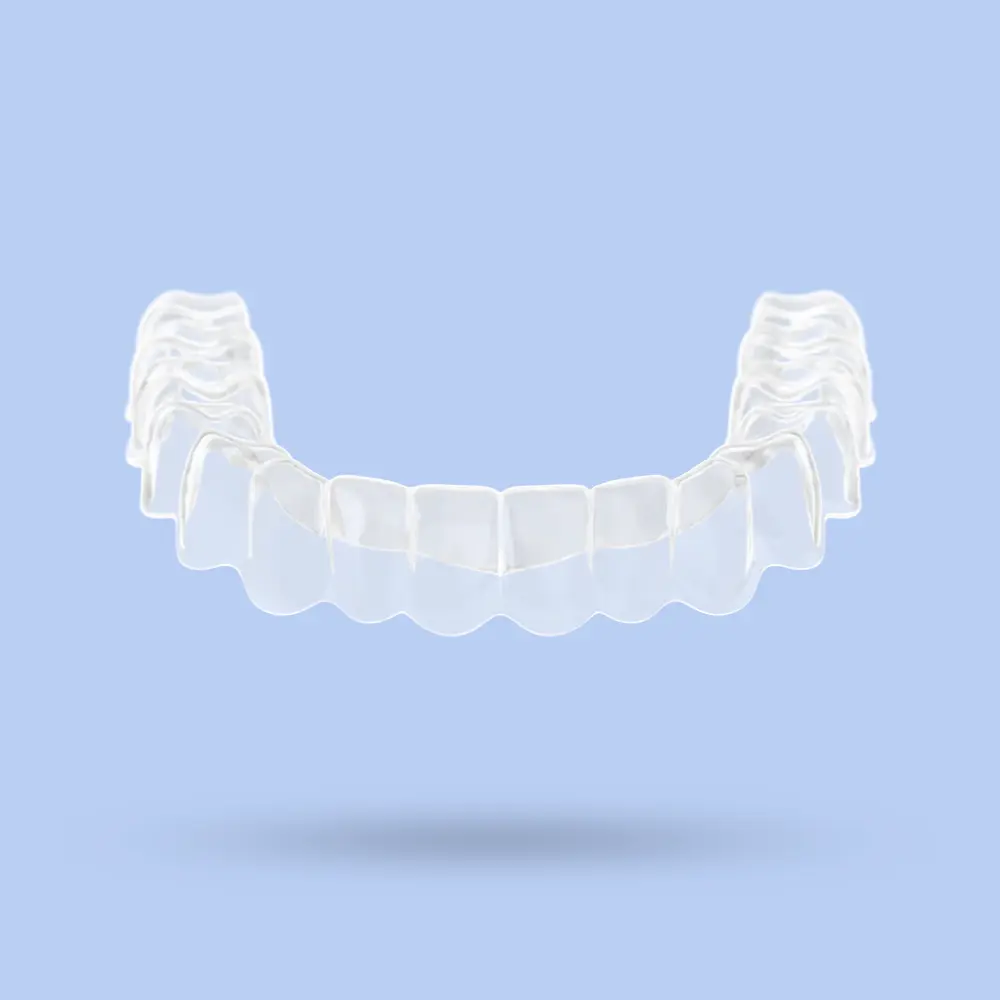
Zaštiti svoje zube tokom noći od škrgutanja uz prilagođene folije.
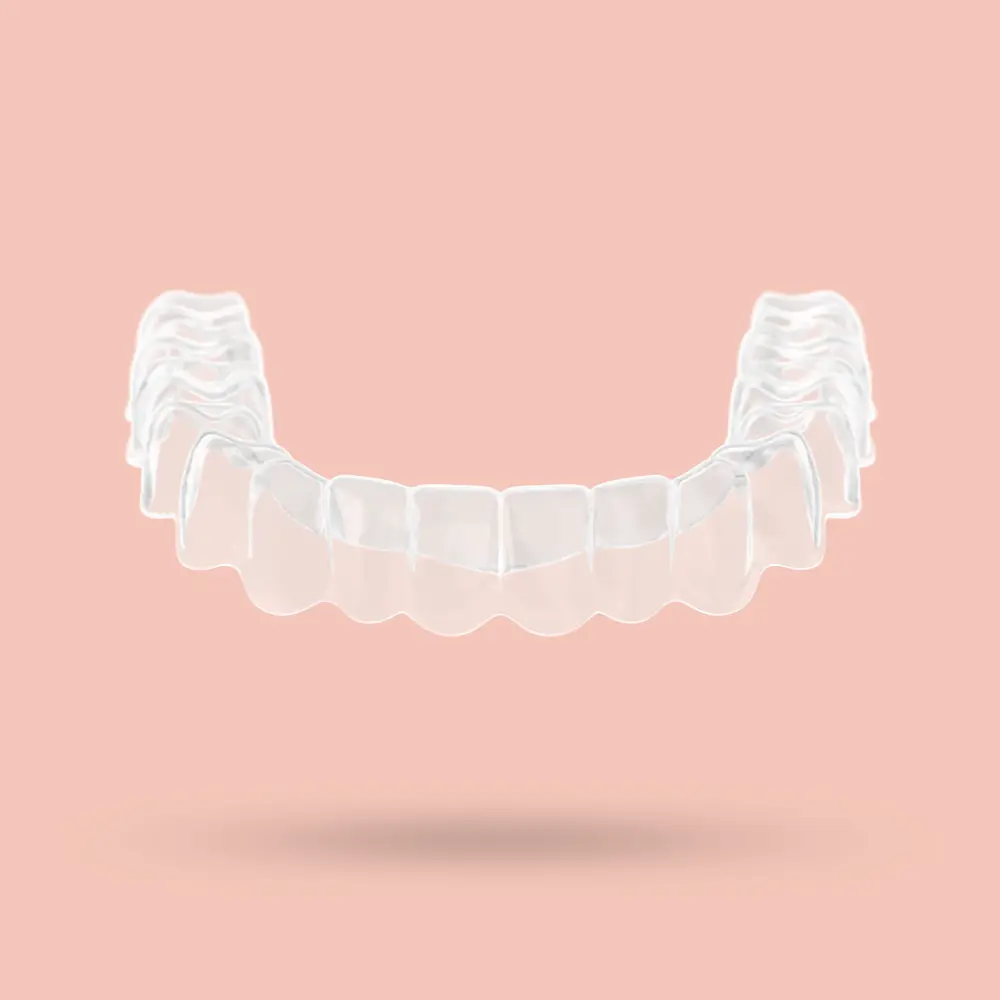
Diskretne folije za ravnanje zuba – osmeh kakav zaslužuješ!
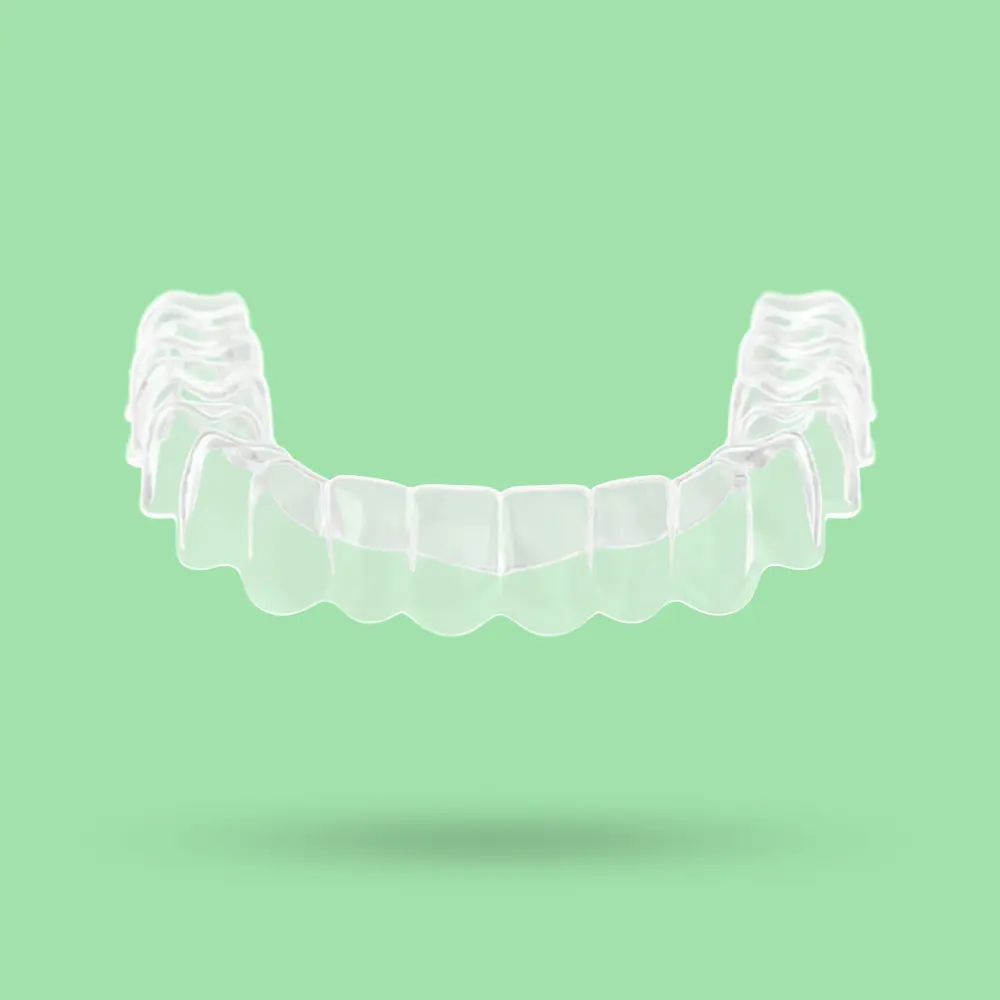
Blistav osmeh uz fleksibilne folije za brzo izbeljivanje.